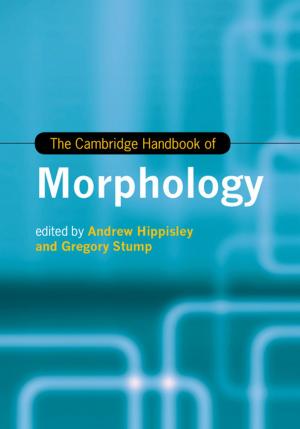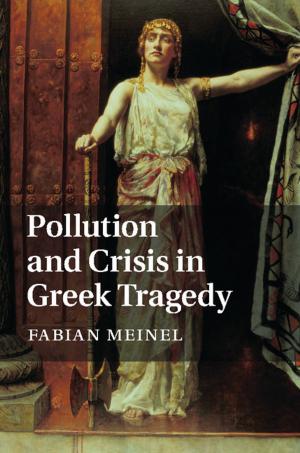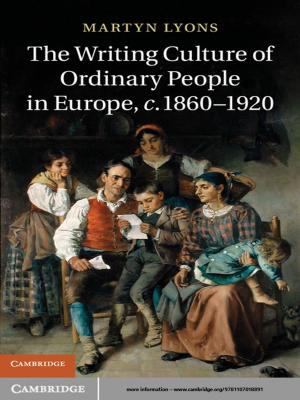Social Sequence Analysis
Methods and Applications
Nonfiction, Reference & Language, Reference, Research, Social & Cultural Studies, Social Science| Author: | Benjamin Cornwell | ISBN: | 9781316365861 |
| Publisher: | Cambridge University Press | Publication: | August 6, 2015 |
| Imprint: | Cambridge University Press | Language: | English |
| Author: | Benjamin Cornwell |
| ISBN: | 9781316365861 |
| Publisher: | Cambridge University Press |
| Publication: | August 6, 2015 |
| Imprint: | Cambridge University Press |
| Language: | English |
Social sequence analysis includes a diverse and rapidly growing body of methods that social scientists have developed to help study complex ordered social processes, including chains of transitions, trajectories and other ordered phenomena. Social sequence analysis is not limited by content or time scale and can be used in many different fields, including sociology, communication, information science and psychology. Social Sequence Analysis aims to bring together both foundational and recent theoretical and methodological work on social sequences from the last thirty years. A unique reference book for a new generation of social scientists, this book will aid demographers who study life-course trajectories and family histories, sociologists who study career paths or work/family schedules, communication scholars and micro-sociologists who study conversation, interaction structures and small-group dynamics, as well as social epidemiologists.
Social sequence analysis includes a diverse and rapidly growing body of methods that social scientists have developed to help study complex ordered social processes, including chains of transitions, trajectories and other ordered phenomena. Social sequence analysis is not limited by content or time scale and can be used in many different fields, including sociology, communication, information science and psychology. Social Sequence Analysis aims to bring together both foundational and recent theoretical and methodological work on social sequences from the last thirty years. A unique reference book for a new generation of social scientists, this book will aid demographers who study life-course trajectories and family histories, sociologists who study career paths or work/family schedules, communication scholars and micro-sociologists who study conversation, interaction structures and small-group dynamics, as well as social epidemiologists.















